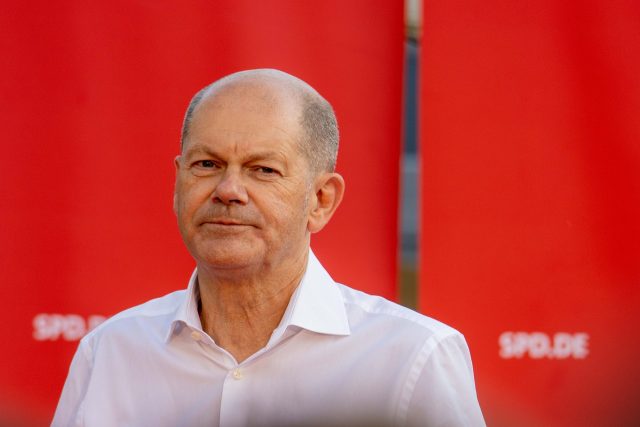
After the Solingen attack, where Issa al Hasan, a 26-year-old of Syrian origin, killed three people and injured eight, including four critically, during a city festival celebrating the founding of Westphalia, Germany is shaken and questioning issues of immigration, terrorism, and security. Hasan, who was supposed to be deported by decree, was still in Germany, having obtained special protection status as a political refugee, and later evaded German authorities by fleeing the accommodation designated for those with similar status.
The attack, claimed by ISIS, has reignited the debate over the risks associated with illegal immigration and the lack of control over migratory flows, exacerbated by recent German police data showing a 33.4% increase in illegal immigration between 2022 and 2023. Peter R. Neumann, a terrorism expert interviewed by the German magazine Focus, warned of the growing danger, highlighting that waves of Islamic terror often start with small attacks and increasingly involve radicalized youth. According to the expert, this was a predictable tragedy, also recalling failed attacks like the one planned for Taylor Swift’s concert in Vienna.
Chancellor Olaf Scholz responded with strong condemnation: he promised tough measures to expel those who have no right to remain in Germany and announced stricter gun laws, especially concerning knives. However, Scholz faced criticism for his lack of empathy and for delaying his visit to Solingen, where he laid a white rose in tribute to the victims. The chancellor appeared at the site three days after the massacre.
Scholz denounced Islamic terrorism as a threat to the cohesion of German society, stating that Germany will not allow terrorists to destroy the country’s unity. He also emphasized the need to apply the Dublin Regulation to transfer irregular migrants to the EU member states of first entry. The German head of government also stressed that his anger is directed at “Islamists who threaten the peaceful coexistence of all of us, who endanger the peaceful coexistence of Christians, Jews, and Muslims.” However, his harsh words against irregular immigration mark a shift in tone from the traditional political language of the West, often criticized as too permissive.
The Solingen attack and the German government’s response reflect a Germany that feels increasingly insecure, while support for parties like the AfD is rising. At the European level, Scholz highlighted the urgency of more decisive and coordinated actions against illegal immigration and terrorism, emphasizing the need for a united response to address a situation that, without drastic interventions, is bound to worsen.
So, were the conservatives perhaps right? Scholz’s statements are not from a “dangerous far-right extremist,” as these words are usually reserved for those who dare to criticize European migration policy, but from the Social Democratic Chancellor of Germany, Olaf Scholz. These were possibly the harshest words ever spoken by a European leader to date. The reality is that there can be no place in Europe for those who seek to Islamize it, especially through violence, weapons, and attacks. Europeans will not be intimidated and will continue to uphold their way of life. Finally, Italy, which has been denouncing an already saturated situation for years, and does so with greater force now that Fratelli d’Italia is leading the nation, seems less alone. It is time to find concrete and unified solutions to address not only the issue of migratory flows but also the danger of allowing radicalized migrants who have no intention of integrating, but rather infiltrating and destabilizing European nations.
Who knows what else needs to happen. What level of alert must be reached before concrete action is taken to defend Europe and its borders. Immigration, when it means integration and respect for cultures, should not be rejected; on the contrary, it should be supported, because from it new children are born, perhaps adopted, but still children of a country. However, we must not allow any form of immigration that seeks to destroy and destabilize our way of being and living.



 Subscribe
Subscribe